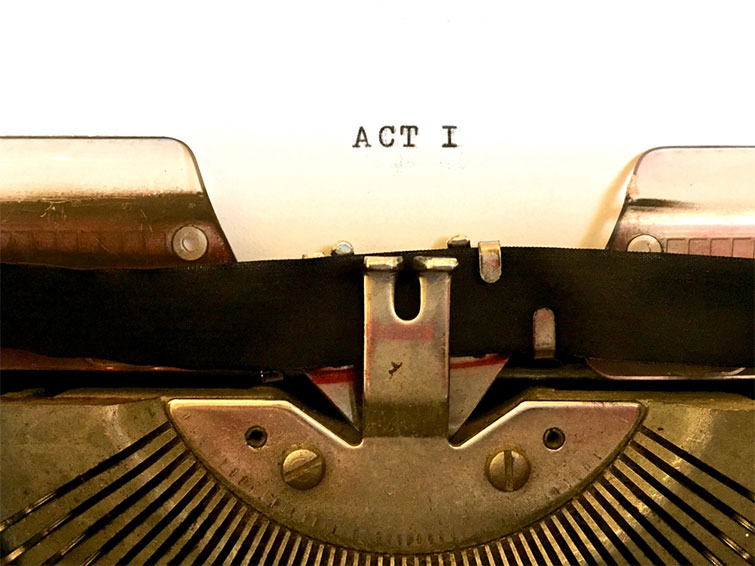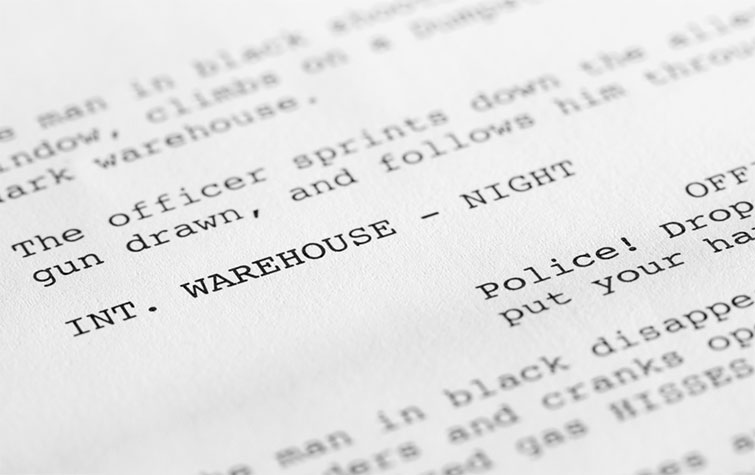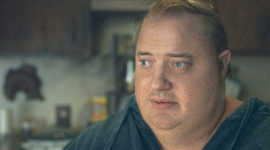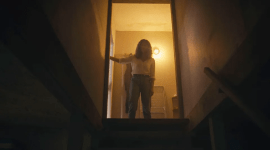
Tips for Rewriting Your Screenplay Without Starting Completely Over
Thinking about burning that old screenplay? Consider the following steps for fixing your screenplay without scrapping it completely.
Writing a screenplay is hard work. Not only is it time-consuming and labor-intensive, it’s also emotionally draining — pouring your heart and soul into a project will really take it out of you. And, the sad fact remains that the vast majority of screenplays never see the light of day. So to be successful, you’ll probably need to write many scripts in your lifetime.
However, while it might be a daunting task, that doesn’t mean you should abandon all hope when you hit your first roadblock. Good screenwriting is actually just good revising. Here are some tips to revise and rewrite your screenplay — without starting over entirely.
Recognize Your Strongest Moments
Your first step is to find your light. Evaluate your script to find your strongest, best, and brightest moments. If you can identify the best parts, you can pull those out and find ways to give them more life, elevating the rest of your script to their level.
This also helps you recognize which moments aren’t as strong and may need to be tweaked — or changed completely. Find your light, then work to direct your energy on making it better. The rest of your script will follow.
Tweak Your Lead Character(s)

Image via Dallasetta.
Many screenwriters start with their main character well before they put pen to paper (or keystrokes to computer). This is helpful in the ideation phase, but once you’re knee-deep in a project, you’ll need to train yourself to let some idealized versions of your characters go, thus letting the narrative take over.
Just because you originally wrote your lead characters one way doesn’t mean they can’t change. Ask yourself If my lead changed, how would that affect the story? And what doors might that open up?
Introduce a New Element Early
A fun writing exercise for any script is to try throwing in new elements — early and often. Whether they’re ideas you’ve been tinkering with or just something you grab out of thin air, try throwing in some new wrenches to your narrative — early — to see what might fit.
Does your lead character have a new flaw? Is there another relationship between characters that wasn’t there before? Is there another surprise conflict to overcome at the beginning? Try some things out; see what your characters can handle.
Find Ways to Raise the Stakes

Image via Mark Poprocki.
A good three-act screenplay should constantly be finding ways to raise the stakes throughout the structure. Yes, we all know to raise the stakes in the final moments of the third act, but strong motive and audience interest hinges on raising the stakes at every crossroad.
If your screenplay seems to drag early on, it might just be that the motivation isn’t there — that there’s no push for resolution. Ask yourself How high the stakes are on the first page? And how much higher can they can go on every page after that?
The Power of Voice and Tone
From the outside, at least compared to other forms of writing and literature, the screenplay appears to be less artistic. It’s more straightforward in its direction and style. Your character does this, says that, looks this way, etc. However, for your project to really find life, you need to find the right voice and tone to tell your story.
Yes, a script is a guideline for the actual production, but it also contains the lifeblood of the narrative. If it feels bland and lifeless, it very well could feel that way during (and after) production. Find your tone, your power, and your voice. If you can make your screenplay fun to write and read, you’ll be able to push through any rewrites (or revisions) to create the best script possible.
Cover image by VGstockstudio.
Looking for more on screenwriting? Check out these articles.
- 5 Important Tools Every Screenwriter Should Have
- How to Overcome the 5 Biggest Obstacles to Writing Your Screenplay
- Austin Film Festival Interview: Insights for Turning Your Script into a 90-Second Pitch
- How to Break a Script Down Into a Shot List
- 6 Free Scriptwriting Resources for Your Next Screenplay






